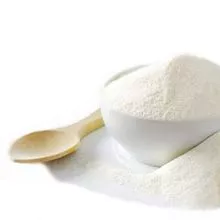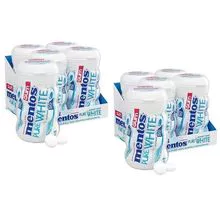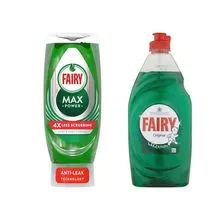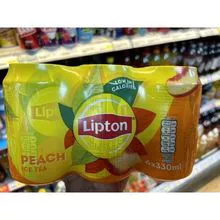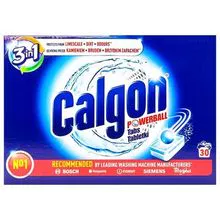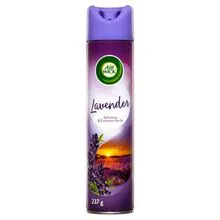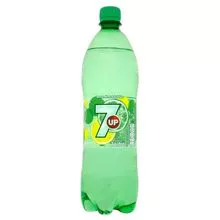Description
Fava beans, also known as broad beans, are a type of legume that is widely consumed in various cuisines around the world. They have a distinctive shape and nutty flavor. Here are some key points about fava beans:
Appearance: Fava beans are large, flat, and broad beans that come in a thick, leathery pod. Inside the pod, the beans are encased in a second skin, which is usually removed before cooking.
Varieties: There are several varieties of fava beans, including both those with green pods that are eaten whole (young fava beans) and those with larger, tougher pods that are primarily used for their beans.
Nutritional Value: Fava beans are a good source of plant-based protein, dietary fiber, and various vitamins and minerals, including folate, manganese, and iron. They are also rich in complex carbohydrates.
Preparation: Fava beans need to be shelled from their pods before cooking. The beans are then typically blanched and cooled in water, which makes it easier to remove the outer skin (also known as "peeling" the beans). The peeled beans can be used in a variety of dishes.
Culinary Uses: Fava beans can be prepared in different ways, such as being boiled, steamed, roasted, or sautéed. They can be used in salads, soups, stews, pasta dishes, and more. In some cuisines, fava beans are made into dips or spreads, such as "ful medames" in Middle Eastern cuisine.
Flavor: Fava beans have a slightly nutty and earthy flavor. The taste can vary depending on their size and the specific variety.
Cultural Significance: Fava beans have a long history in various culinary traditions, from Mediterranean and Middle Eastern cuisines to African and Asian cuisines.
Health Considerations: Some people may be sensitive to a compound called "vicine" found in fava beans, which can lead to a condition called favism in individuals with a certain genetic predisposition. Favism is a rare condition that can cause symptoms like fever and anemia when fava beans are consumed. Cooking can help reduce the risk of this reaction.
Seasonality: Fava beans are often available in the spring and early summer months, depending on the region.
Sustainability: Fava beans, like other legumes, have the benefit of fixing nitrogen in the soil, which can improve soil fertility. Additionally, growing legumes tends to have a lower environmental impact compared to some other types of crops.
Fava beans are a versatile and nutritious ingredient that can add a unique flavor and texture to a variety of dishes. However, because of the extra steps involved in preparing them (shelling and peeling), they may require a bit more effort compared to some other legumes.
- KIDNEY BEANS
- MUNG BEANS
- PEANUTS
- POMEGRANATE SEED
- PUMPKIN SEEDS
Production Capacity:
Not informed
Delivery Timeframe:
Within 30 Days
Incoterms:
CFR - Cost and Freight
CIF - Cost, Insurance and Freight
CIP - Carriage and Insurance Paid to
DDP - Delivered Duty Paid
EXW - Ex Works
FCA - Free Carrier
FOB - Free on Board
Packaging Details:
Not informed
More about
TOKAR GMBH
50-100
Employees
200K - 500K
Sales volume (USD)
100%
% Export sales
Year
Established
Business type
- Importer / Trading Company
- Representative / Agent
- Distributor / Wholesaler
- Business Service
Keywords
- Food
- Beverages
- Cosmetics
- electronics
- Rice
- cooking Oil
- Coffee
- Cars
- Trucks
- Plastic products Ver Mais
Contact and location
-
Alessandro wenzel
-
+49 xxxxxxxx
-
Frankfurt / Frankfurt | Germany












